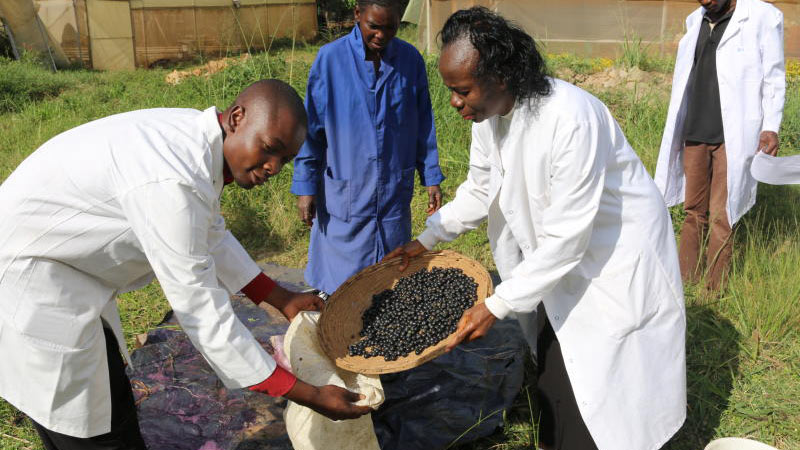×
The Standard e-Paper
Join Thousands Daily

“Let your food be your medicine and your medicine be your food,” that is Prof Mary Abukutsa-Onyango’s opening speech during a past TED Talk presentation in Nairobi.
Abukutsa, a professor of horticulture at the Jomo Kenyatta University of Agriculture and Technology (JKUAT) is so passionate about promotion of Indigenous African Vegetables (AIVs) that she talks about them with such ease and depth, one cannot help but marvel.